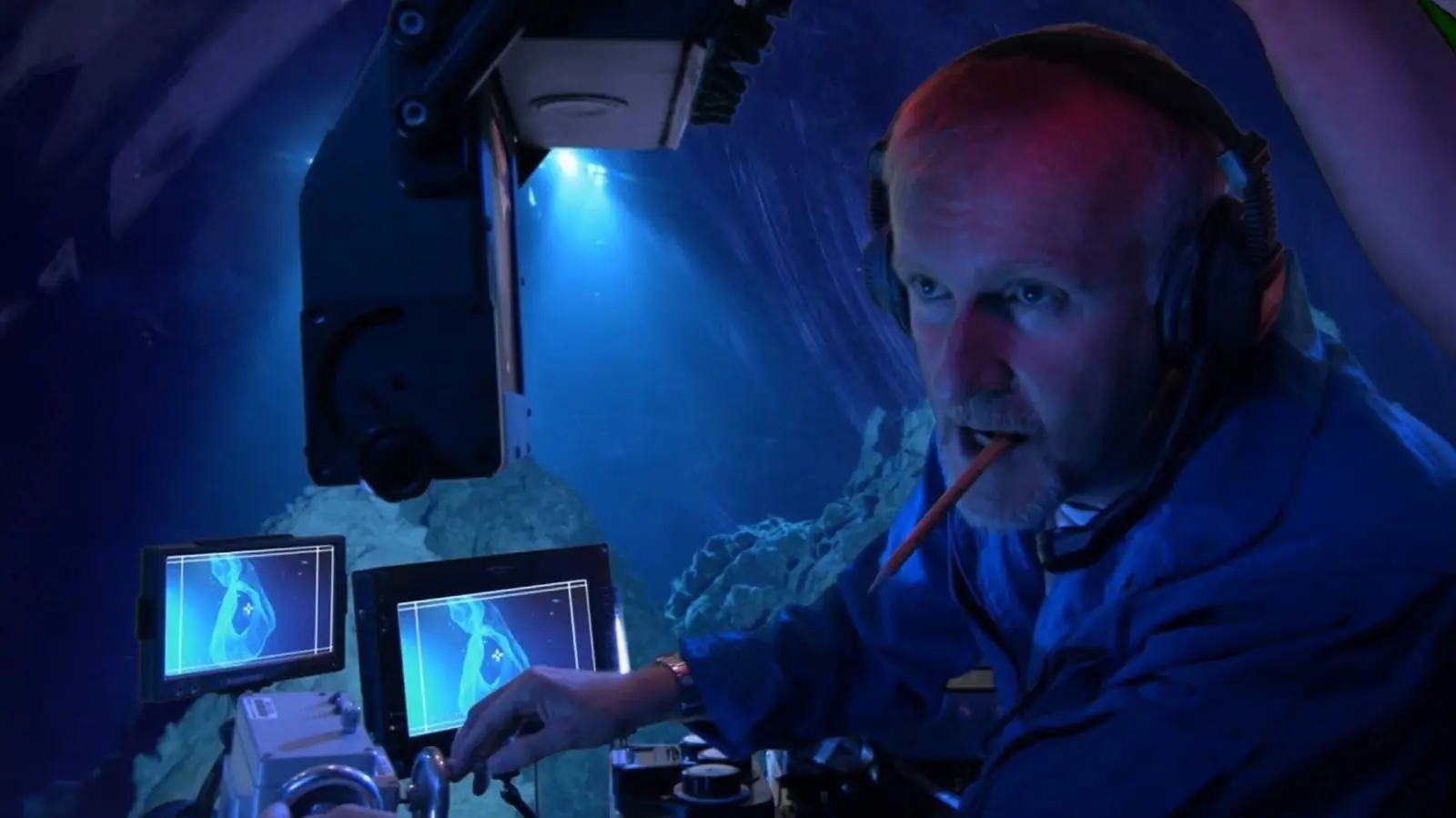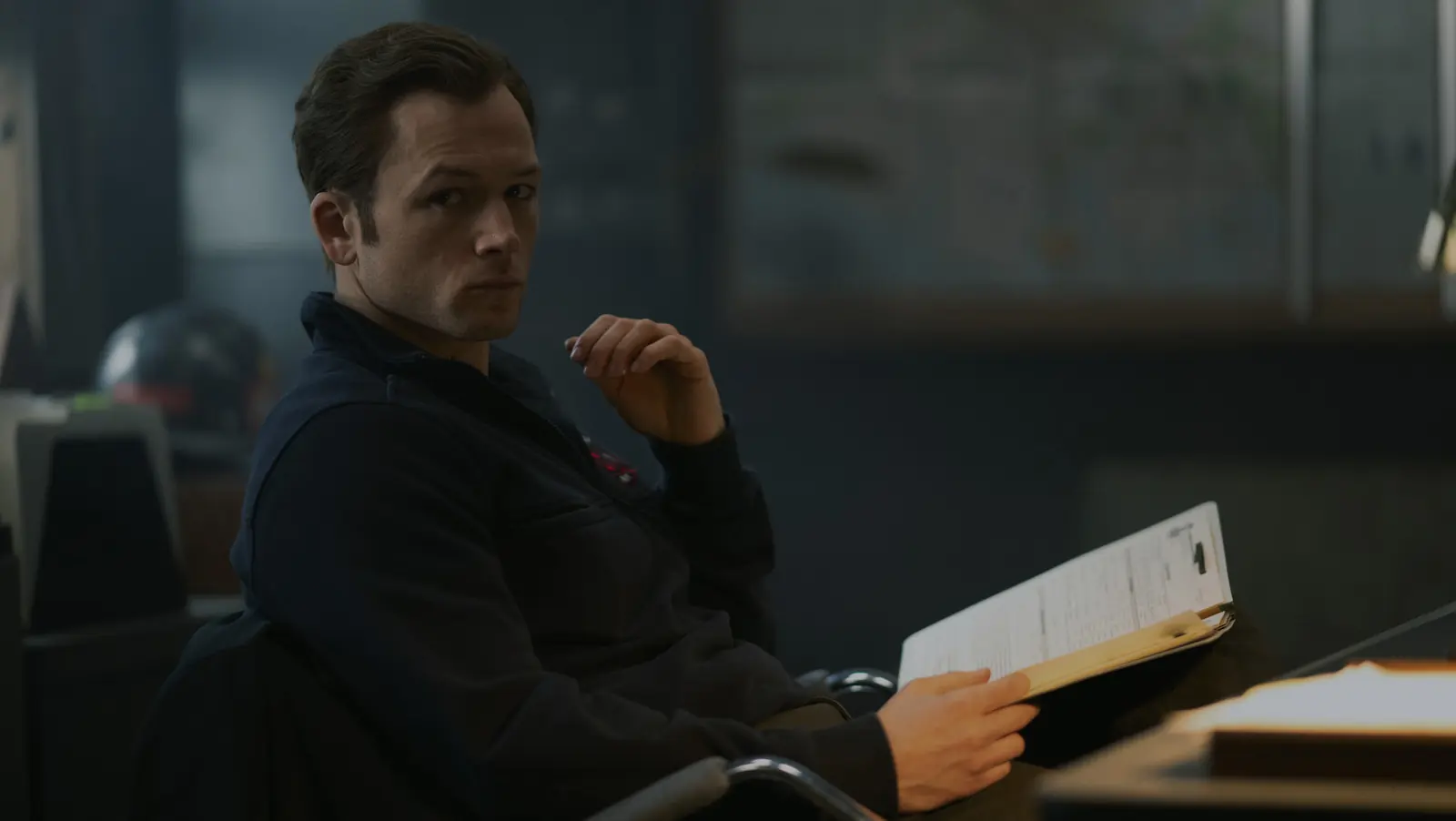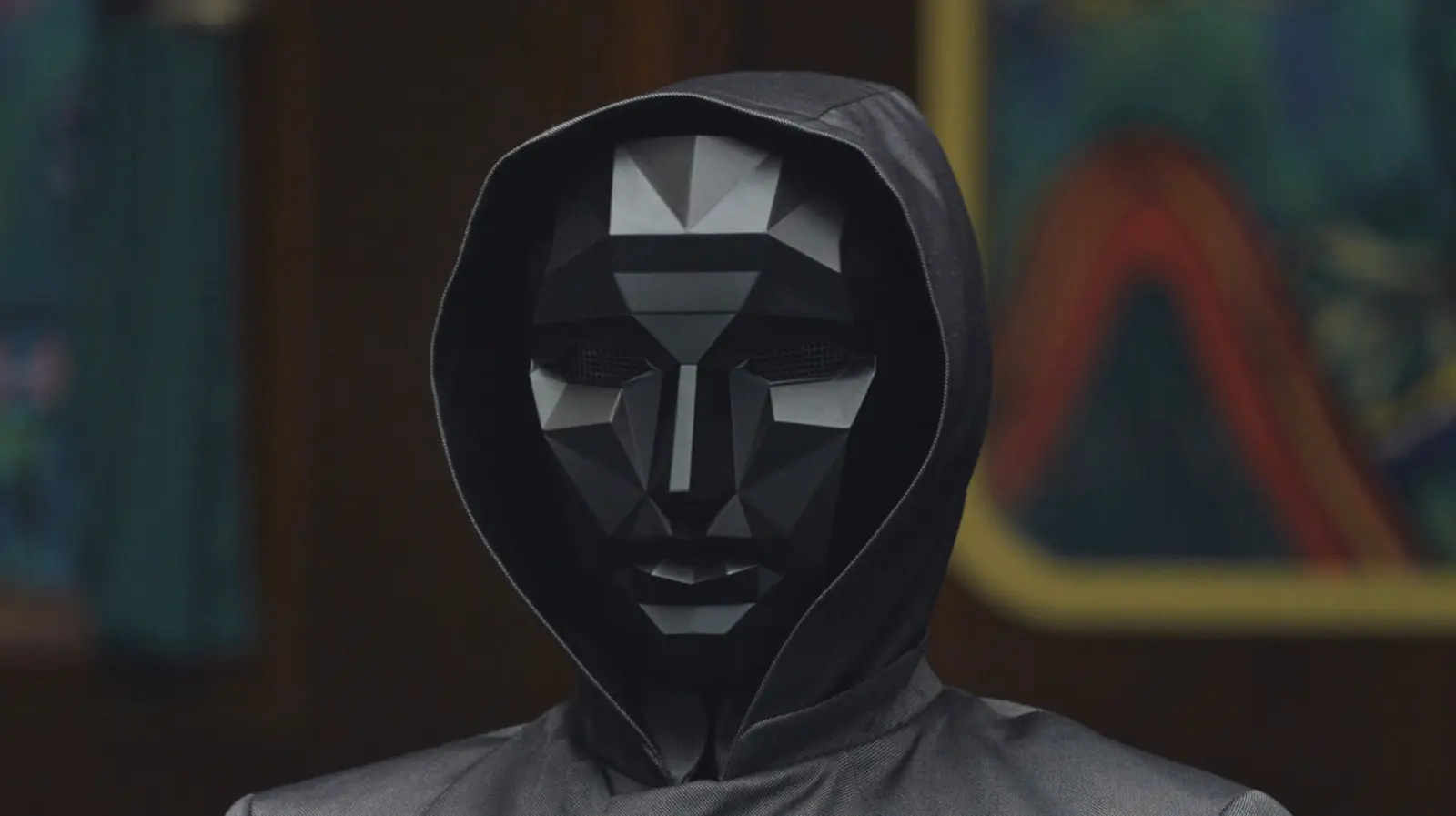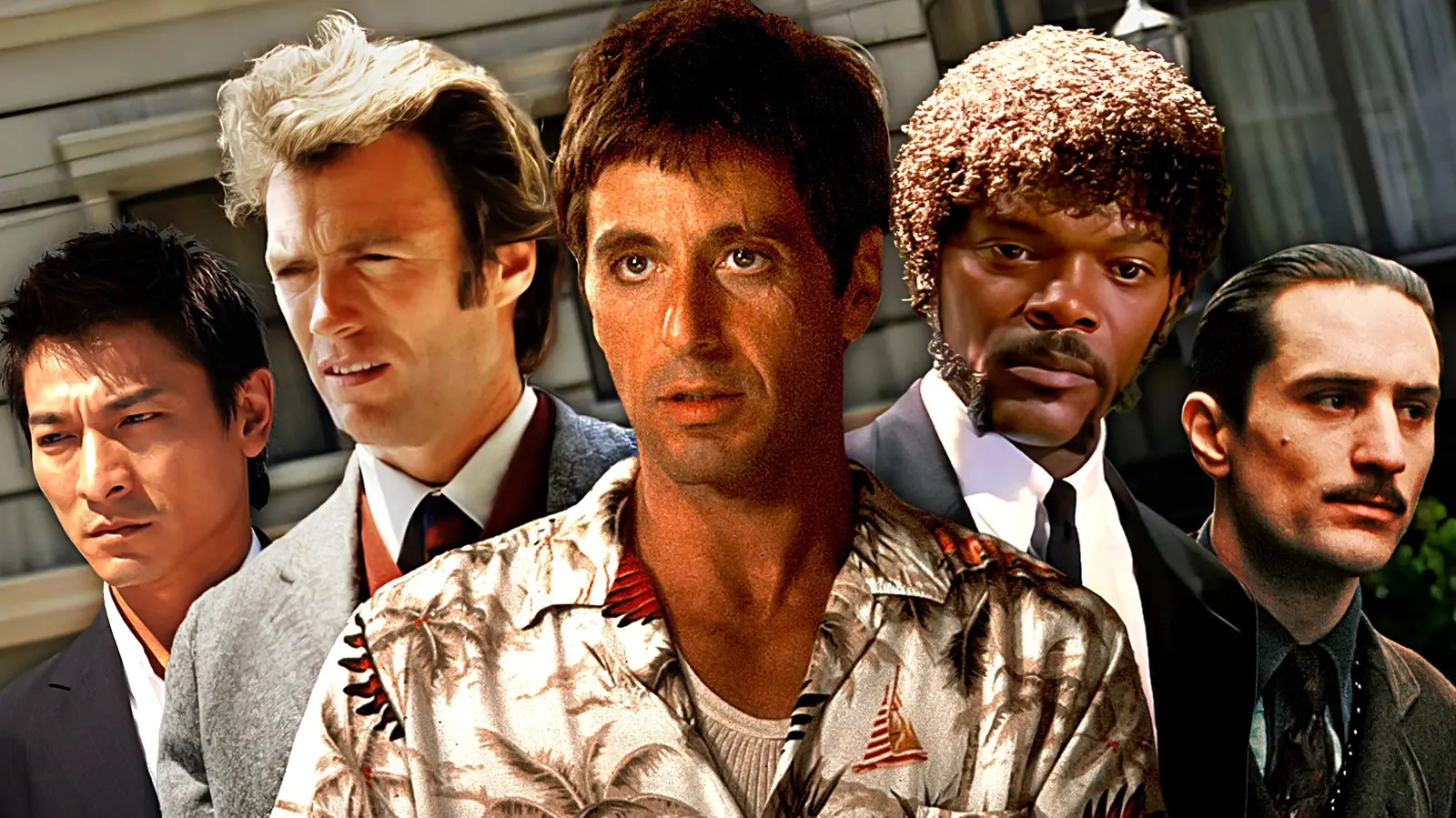James Cameron, renowned for his groundbreaking work in films like “Avatar” and “Titanic,” has announced his intentions for a bold new project. This time, he is turning his creative energies towards an atomic bomb drama—a subject laden with historical significance and emotional complexity. In an intriguing development, Cameron has revealed that he is seeking inspiration from none other than the legendary filmmaker Steven Spielberg as he embarks on this ambitious venture.
Cameron has made a name for himself in the film industry by tackling enormous cinematic endeavors with precision and imagination. His films are known for their technological innovations and deep storytelling. With his focus now shifting from the fantastical world of Pandora in “Avatar,” Cameron aims to bring a pivotal moment in history to the big screen, infusing it with depth and narrative integrity.
For his atomic bomb drama, Cameron is reportedly honing in on historical accuracy and storytelling gravitas. It seems only fitting that he would look to Spielberg, whose filmography includes some of the most powerful historical dramas ever made, such as “Schindler’s List,” “Saving Private Ryan,” and “Munich,” for guidance. Spielberg’s ability to bring poignant historical moments to life with sensitivity and emotional depth is well-documented, making his work a valuable reference point for any filmmaker seeking to navigate complex historical narratives.
While specific details about Cameron’s atomic bomb project remain under wraps, it’s clear that this topic requires careful handling. The development, deployment, and aftermath of the atomic bomb remain some of the most hotly debated and impactful events in modern history. Cameron’s exploration into this topic suggests a film that will not only entertain but also educate and provoke thoughtful discussion among audiences.
Cameron is known for immersing himself deeply in the subject matter of his films and seeking out experts and perspectives that will enrich the final product. This approach was evident in the research-intensive preparation for “Titanic,” where he collaborated with historians and marine experts, as well as his work on “Avatar,” in which he consulted with anthropologists and environmental scientists.
In following Spielberg’s lead, Cameron might be aiming to capture the human stories behind the monumental historical events, offering a lens into the lives of those most affected. Spielberg’s work often features deeply personal stories set against the backdrop of history’s grand narratives. For example, “Schindler’s List” is as much the story of individual bravery and survival as it is an account of one of history’s darkest periods.
Industry insiders speculate that Cameron’s project could offer audiences a similar mix of personal and historical narratives, thus creating a film that is both intimate and sweeping in scope. The potential to shift perceptions and spark dialogue about the political and ethical ramifications of the atomic age is substantial.
Cameron has yet to unveil the cast or production timeline for his atomic bomb drama. It’s unclear whether he will work with familiar collaborators from his past projects or seek out new partnerships. Given his track record, anticipation is already building around the potential to yet again push the boundaries of cinematic storytelling and technological achievement.
In the realm of modern filmmaking, both Cameron and Spielberg stand as titans, each having redefined what the medium can achieve. Spielberg’s early adoption and integration of pioneering special effects, combined with his narrative capabilities, paved the way for filmmakers like Cameron to explore and expand the cinematic experience.
Cameron’s collaboration of thought with Spielberg underscores a mutual respect and a shared commitment to advancing the art of filmmaking while engaging thoughtfully with history. Their collective influence on the industry is undeniable, with both directors often credited with raising the bar for storytelling and technical innovation.
Fans and film critics alike are keenly interested in how Cameron will bring this project to fruition, particularly in light of his decision to look to Spielberg as a guiding beacon. The collaboration, even on an inspirational level, could yield a film that is not only technologically impressive but also emotionally and intellectually resonant.
The anticipation for Cameron’s new project is palpable, set against a backdrop of contemporary global tensions and renewed discussions around nuclear capabilities. As nations grapple with the legacy of the atomic age, this film could provide a timely reminder of the catastrophic consequences of nuclear warfare, situating historical events in a modern context that resonates with today’s audiences.
This project could become a defining film of the era, reflecting upon the dual-edged sword of human innovation—a theme Cameron has touched upon in different forms throughout his career. As with many of Spielberg’s works, the hope might be to cast a light on the human capacity for both destruction and redemption.
As details about the upcoming atomic bomb drama emerge, one thing remains certain: James Cameron’s collaboration with the legacy of Steven Spielberg sets the stage for a film that promises to challenge, inspire, and captivate audiences worldwide. Indeed, it is a venture that holds the potential to remind viewers of the crucial lessons that history offers and the responsibility of filmmakers to tell these stories with integrity and insight.






